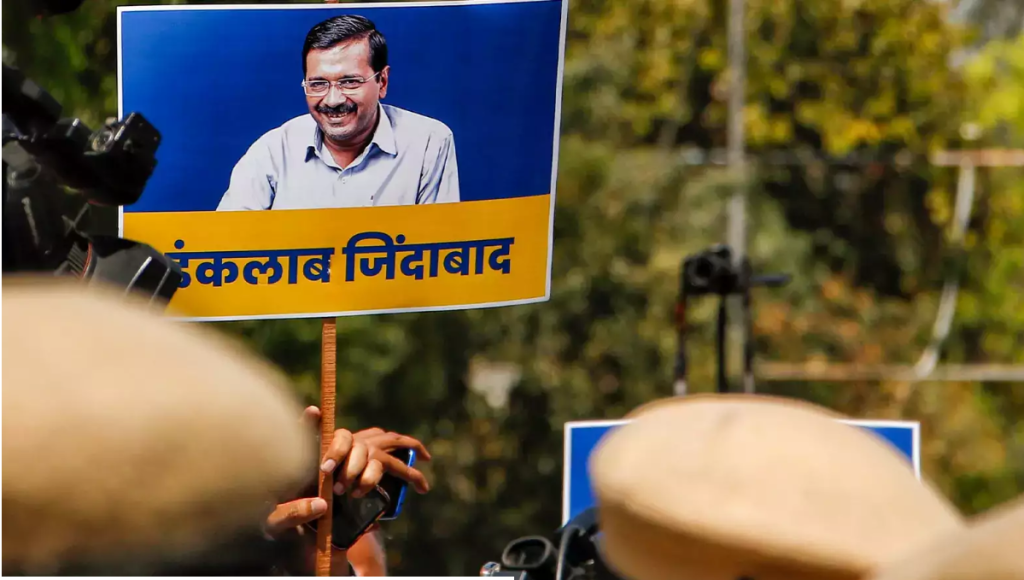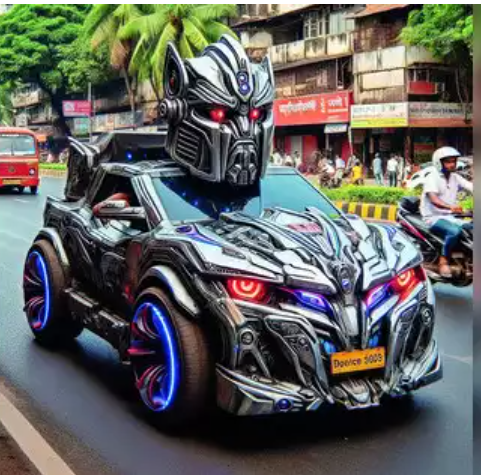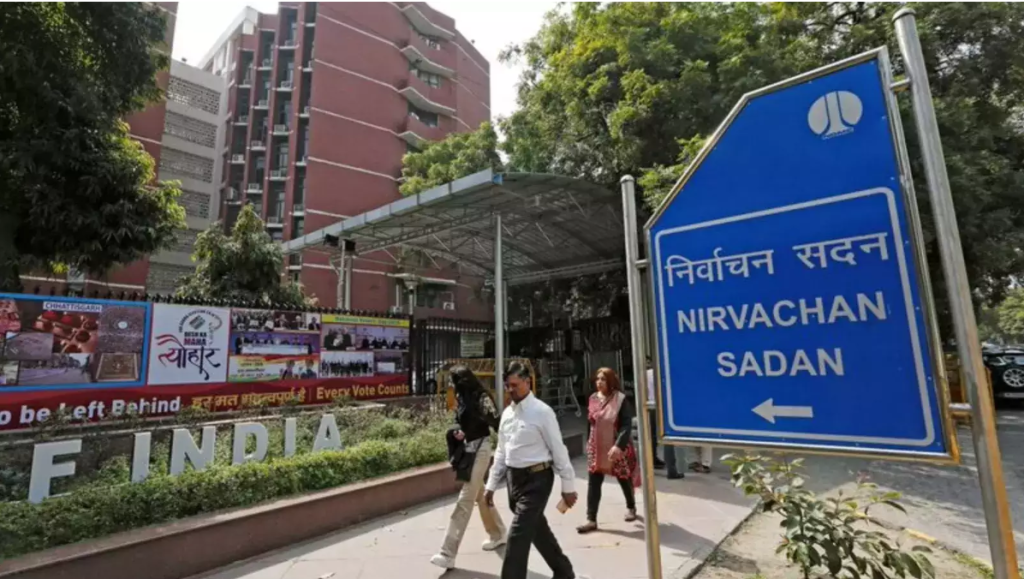It\’s the East India Company in reverse. Parts of Europe are in a funk about an “Indian invasion” says The Economist, the British financial magazine. Lakshmi Mittal has become the biggest steel producer in the world through a series of takeovers, and now bids to take over Arcelor, Europe\’s largest steel company. Vijay Mallya\’s bid for Taittinger, France\’s prestigious wine producers in Europe, has produced shrieks of wounded pride in France. Anil Aggarwal of Vedanta/Sterlite has taken over Konkola, Zambia\’s biggest copper mine, from Anglo American.
The Indian left claims that globalization means the takeover of the world by western multinational corporations. In fact Third World MNCs are rising, and are repeatedly beating and taking over Western MNCs.
At the beginning of the 20 th century, the biggest company in the world was US Steel. Today US Steel is a minor player. Among nations, China dominates. Among companies, Mittal dominates. No Western steelmaker is big enough save Areclor from Mittal\’s embrace, so the company has sought refuge in the arms of Russia\’s Severstal.
Jindal Steel and Power Ltd (JSPL) has won a contract to mine Bolivia\’s huge El Mutun iron ore deposit, and convert part of it into steel. This is part of a trend: Hindalco has taken over two copper mines in Australia. Remarkably, all five bidders in Bolivia were Third World MNCs. Jindal\’s rival bidders were Mittal Steel; China\’s Shandong Luneng Hengyuan Trading Group; Brazil\’s EBX Group; and a joint venture of two Argentinean companies. No Western MNCs was in sight.
Possibly Western MNCs were reluctant to bid after Bolivia\’s nationalization of oil and gas companies. Yet even that event has a Third World twist. The biggest foreign oil company to be nationalized by Bolivia was Petrobras, a Brazilian MNC.
Exxon is the biggest US company by far. Yet Exxon\’s global oil production is only 4.1 m.b.d. of oil. Russia\’s mostly public sector companies produce 9.3 m.bd, and Saudi Arabia\’s Aramco produces almost 10 m.b.d.
Now, Western MNCs are and will continue to be clear leaders in many areas. Boeing and Airbus look unbeatable in passenger planes. Car manufacturing is still dominated by US MNCs, although Japan is gaining ground fast. High-tech manufacturing like pharmaceuticals, microprocessors and mainframe computers are dominated by the West. So are financial services: banking, insurance, merchant banking, and stockbroking.
Yet in all these areas Third World MNCs are gaining ground. IBM invented the personal computer, but after losing money for several years it sold its PC business to Lenovo of China. All leading Indian pharma companies—Ranbaxy, Dr Reddy\’s Labs, Wockhardt et al–have become MNC s, taking over foreign companies.
Indeed, Malvinder Singh, CEO of Ranbaxy, felt compelled to write an article in The Financial Times recently assuring the western public that Indian companies did not seek conquest, but merely wanted a partnership. This sort of soft diplomacy was once practiced by Western MNCs entering Third World markets.
The biggest computer-related giants such as Microsoft, IBM, EDS and Oracle remain formidable world players, joined by new internet giants such as Google, Yahoo and e-Bay. But note that all these companies have been obliged to invest hugely in India in order to meet competition from Indian companies. IBM now employs over 40,000 people in India.
Yet Indian software companies are a rising and probably unstoppable force in this area. TCS, Infosys and Wipro are the stars of the future, with far higher P-E ratios than many Western rivals. They have rightly refused to buy many western MNCs available for sale. As Azim Premji puts it, “Why buy yesterday?”
Air services have long been dominated by the West, but its biggest carriers are in trouble. In 2005, United Airlines lost $ 21 billion, Delta 3.8 billion, and American Airlines $ 861 million. But Dubai\’s Emirates chalked up a record profit of $ 708 million. Emirates has ordered more than 100 new planes, and aims to become the world\’s biggest airline.
Port services used to be dominated by Western companies like P&O. Yet P&O was put up for sale last year and the two top bidders—Dubai Ports and PSA of Singapore—were both Third World MNCs. Americans were so terrified of Dubai Ports taking over six US ports (which had been run by P&O) that politicians squeaked with rage, and Dubai Ports finally bought peace by agreeing to sell the US operations it had acquired.
Indian MNCs have had a late start and are still finding their feet. Yet they are doing well in autos and auto ancillaries. The biggest auto ancillary giants—Delphi, Visteon, Dana, Federal Mogul—lost billions last year, and are relocating in fair measure to India for survival. Meanwhile Indian auto ancillary companies are soaring. .Bharat Forge has become the second largest producer of forgings in the world, having taken over six plants abroad, and looks set to become numero uno.
Tata Motors has acquired Daewoo\’s truck assets in Korea, a bus company in Spain, and is starting a joint venture with Brazilian giant Marcopolo. The Tata group has also paid $239 million for Teleglobe, $431 million for Tetley Tea of Britain; $286 million for NatSteel of Singapore; $118 million for the truck operations in South Korea of Daewoo; and $130 million for the undersea cable network of Tyco.
Indian banks are pygmies by world standards. Yet a recent survey in The Economist pointed out that banking was mostly a commodity service, where Indian companies could replicate the success already demonstrated in computer software and BPO. In which case ICICI Bank, HDFC Bank and others have a big global future.
Standard ad Poor\’s has outsourced many of its global services to Crisil, its Indian subsidiary. JP Morgan Chase aims to shift 9,000 jobs to India.
The bottom line is clear. Globalisation does not ensure the takeover of the world economy by western MNCs. On the contrary, it enables Third World companies to become global giants, thrashing western MNCs. In this manner, globalisation is creating a more equitable spread of world economic power.





enlighenment thro studies made possible